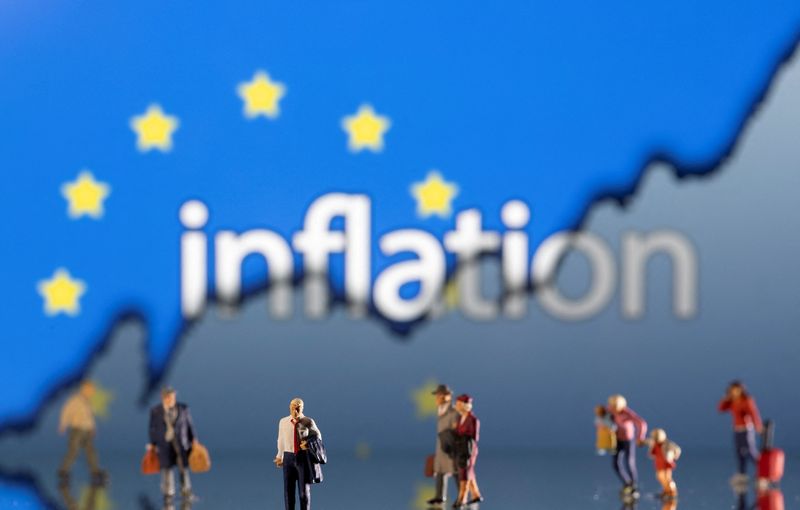LUXEMBOURG (Reuters) - Euro zone inflation is set to go higher and price growth is likely to be more persistent than earlier thought, European Central Bank board member Isabel Schnabel said on Thursday, defending the ECB's plans to raise interest rates further.
The ECB has lifted rates by a combined 125 basis points over its last two meetings to combat inflation that is nearing 10%, and markets have priced in further increases at each of the ECB's meetings through next spring.
"There are reasons to believe that inflation may even go up a bit further over the short term," Schnabel told a conference organised by financial firm Spuerkeess of Luxembourg.
"Inflation may actually be more persistent than we originally thought," she said, adding that price growth has broadened out and there is now a large share of goods with price growth over 3%.
Another worry is that longer-term expectations have started to move up and this could be an early warning for the ECB that households and businesses are losing confidence in the ECB's willingness to bring price growth back to its 2% target.
But Schnabel also played down a key inflation concern, arguing that wage growth, a condition for durable price growth, is still relatively muted.
"Wages give us some comfort that this second-round effects have not materialized yet," Schnabel said, adding that the risk of a wage-price spiral has to be monitored "very carefully".

"Even though we don't see (second-round effects) now, we have to act in order to convey to households, firm and market participants that we take our mandate very seriously, and we will do whatever is needed to bring inflation back to 2%," she added.
While inflation is on the rise, economic growth is suffering and Schnabel said the risk of a recession was increasing. While that would normally mean a jump in the jobless rate, Schnabel said companies are struggling with labour scarcity so they may retain workers because re-hiring them later could be more costly.